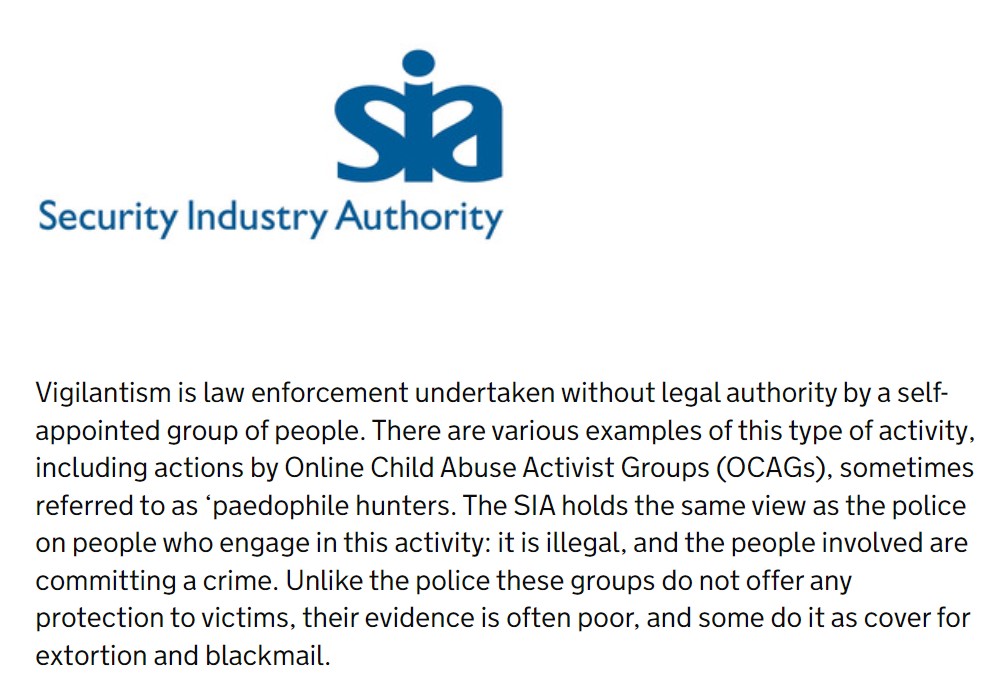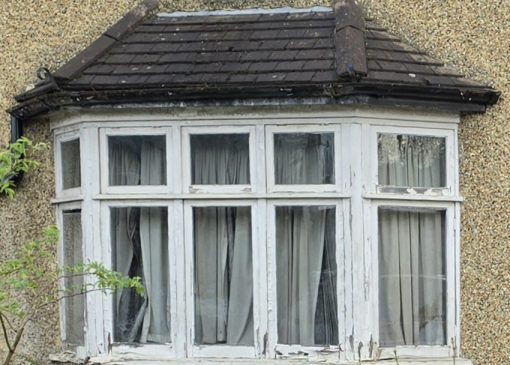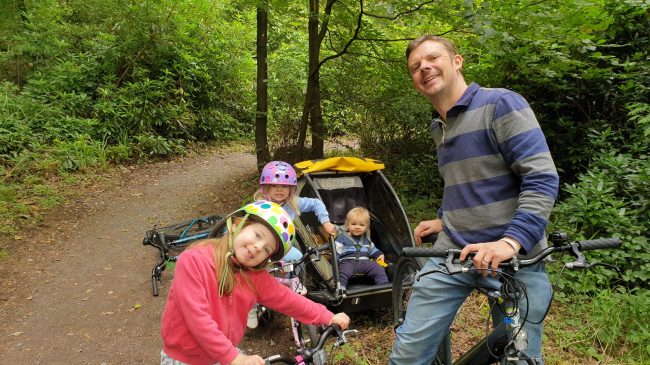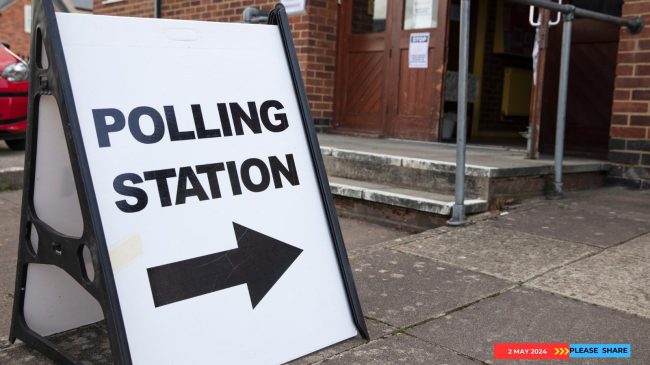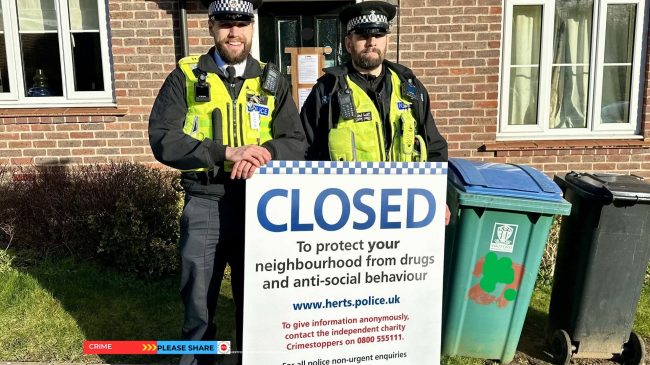Vigilante Groups: Illegal and Detrimental, Yet Ignored by Some Police Forces
Vigilantism is undertaken without legal authority. The Government and SIA have deemed vigilantes criminals. Yet several police forces, including Hertfordshire Police continue to ignore this.
An Essex Police said: “Essex Police strongly deter anyone from vigilante behaviour at any level.
On 26 October 2023, the UK government published an article on the SIA’s holds the same view as the police.
Vigilantism is law enforcement undertaken without legal authority by a self-appointed group of people. There are various examples of this type of activity, including actions by Online Child Abuse Activist Groups (OCAGs), sometimes referred to as ‘paedophile hunters. The SIA holds the same view as the police on people who engage in this activity: it is illegal, and the people involved are committing a crime. Unlike the police these groups do not offer any protection to victims, their evidence is often poor, and some do it as cover for extortion and blackmail.
In October 2022 – North Yorkshire Police issued a plea for activists to leave investigations into online child abuse to them. Detective Inspector Paula Eccles from North Yorkshire Police’s safeguarding team said: “The police service does not endorse online child abuse activist groups and we will not work with them.
Specialist teams, like the one at North Yorkshire Police, work to gather evidence which can stand up to scrutiny from the Crown Prosecution Service and be presented in court. Each month, police forces across the country arrest more than 400 people for child sexual abuse.
The BBC reported A Freedom of Information request, sent to every police force in England and Wales, showed a seven-fold increase in the use of such evidence from 2015. Twenty-nine of the forty-three forces approached (67%) provided data.
Despite this, the National Police Chiefs Council say the groups’ tactics present “significant risks”.
2021: A man was wrongly arrested outside of an Asda store by an unnamed vigilante group after being misidentified as a man who was messaging teenage girls.
Judge Sarah Johnston said: “It seems to me to be a situation which is going to arise again, if steps are not taken to ensure that these cases are investigated properly by those who are responsible for such investigations.”
2019: Police are ‘increasingly worried’ about methods of vigilante paedophile hunter groups, police say they are growing more concerned over the actions and methods of self-styled vigilante groups.
In June 2018, the Mirror newspaper reported, “National police chiefs have ordered local forces to crackdown hard on vigilante groups who track down suspected paedophiles.”
In 2017, Essex Police rejected calls to work with vigilante paedophile hunters. Senior officers have previously said groups such as Dark Justice or The Hunted One could put child abuse investigations at risk.
The guidance tells officers not only not to work with groups who are trying to catch potential child predators – but to pursue them with the full force of the law.
National Police Chiefs Council Lead for Child Protection, Chief Constable Simon Bailey said
“We understand the desire to protect children but any member of the public who has information about child sexual abuse, online or otherwise, should get in contact with the police so we can investigate and bring people to justice. So called paedophile hunters are taking risks they don’t understand and can undermine police investigations. Most importantly, unlike our officers, they have no way of safeguarding child victims.
“Our approach to these groups has not changed. We may consider working with these groups in certain instances, if it helps us protect children and we can manage the risks of their involvement. But this is not the solution to the problem of abuse. We are tackling child abuse by using undercover officers and covert resources to catch those seeking to groom children online. We need technology and software companies to support us by doing more to prevent offenders using their platforms to prey on children.”
‘Leave it to the professionals,’ groups told as Home Office announces new online initiative
This stance stems from several concerns:
- Compromised Investigations: Vigilante actions, like online interactions with potential predators, can taint evidence and disrupt official investigations. Witness credibility becomes shaky, and suspects may become cautious, making it harder to apprehend them.
- Unintended Harm: These groups often lack proper training, leading to misidentification of suspects. This can have devastating consequences, as seen in the case of a man who tragically took his own life after being targeted by a vigilante.
- Lack of Safeguards: Unlike the police, vigilantes do not offer protection to potential victims during interactions. This can put vulnerable individuals at greater risk.
- Questionable Motives: Some vigilante groups might be more interested in self-promotion or personal gain than genuine concern for victims. Instances of extortion and blackmail by such groups have been reported.
People Died
A man killed himself after being lured to Canvey by a self-styled paedophile hunter posing as a young girl online. Christopher Wood, who called himself Catfish the Hunter, was based on Canvey but has since given up his vigilante activities.
The DailyMail ran a story about “A ruthless leader of a vigilante gang menaced an innocent father with a chainsaw, was abducted, tortured and then killed, when trying to force a confession out of him for crimes he did not commit has been sentenced to life behind bars.”
“Anyone who has a genuine concern about potential criminal activity should always contact us so that we can investigate and not take the law into their own hands.”
National Guidance on responding to Online CSA Vigilante Groups
